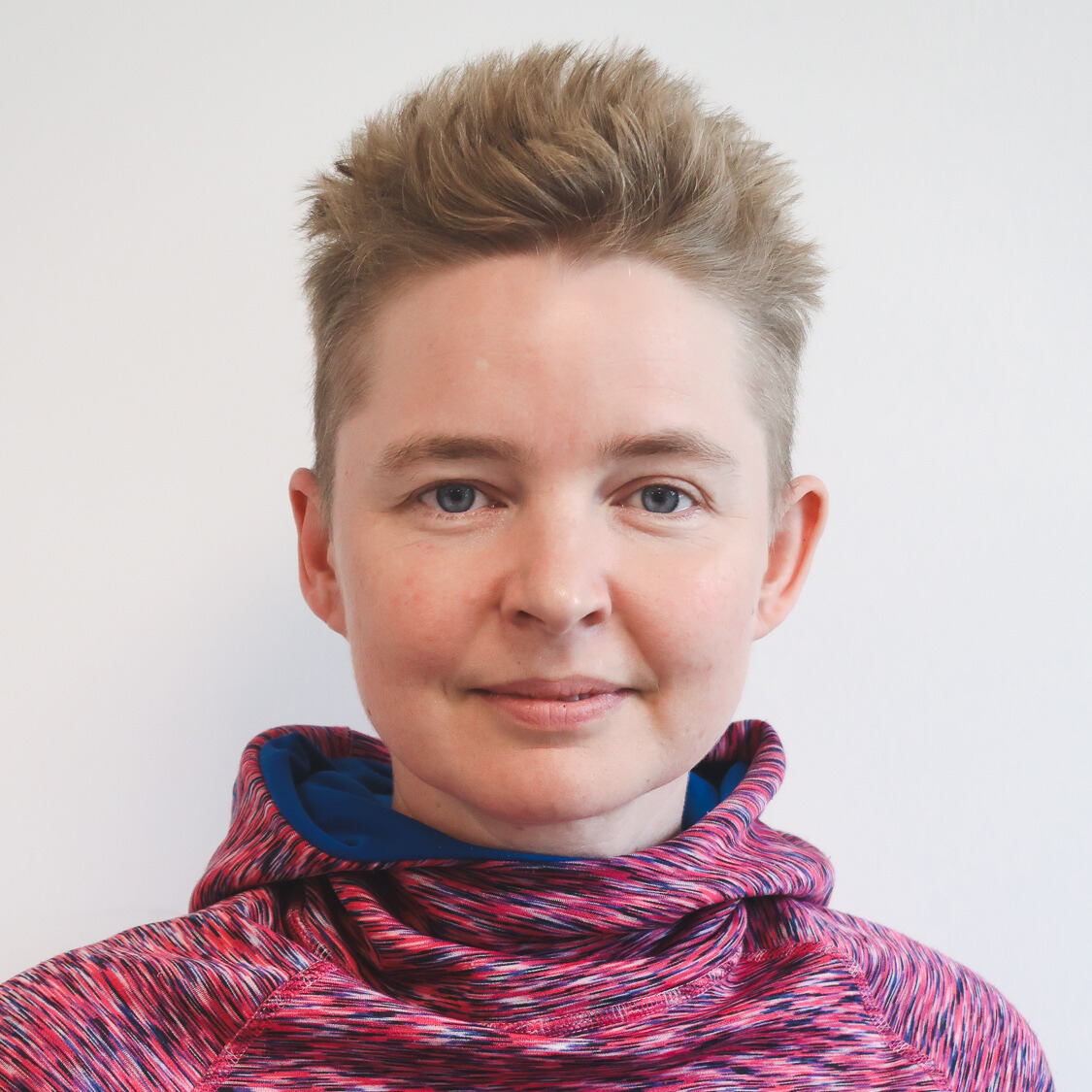
Principles of Intelligent Behavior in Biological and Social Systems (PIBBSS) is a research initiative exploring parallels between intelligent behaviour in natural and artificial systems, in order to advance on important questions in AI risk, governance and safety. The Cooperative AI Foundation supports the PIBBSS Fellowship Cooperative AI Track, focused on projects aiming to mitigate multi-agent AI risks and enhance the cooperative intelligence of advanced AI. Find out more about the application process and eligibility for the PIBBSS Fellowship here.
The purpose of this project was to study cultural evolution in Large Language Model (LLM) agents. The project focused on the conditions under which stable norms of cooperation and coordination culturally evolve in populations of LLM agents tasked with playing public goods games, coordination games, and other relevant economic games.
Selected outputs:
The ML Alignment & Theory Scholars (MATS) Program is an independent research and educational seminar program connecting talented scholars with mentors in AI alignment, interpretability, and governance. The Cooperative AI Foundation provides funding for researchers eligible to attend these programs. Find out more about the application process and eligibility for MATS Cohorts here.
34,147 USD
2024 - 2025
The Cooperative AI Foundation sponsored two scholars, Jinyeop Song and Zora Che, who attended the cohort under the mentorship of Max Kleiman-Weiner.
Jinyeop's research addressed the risk of power-seeking LLM agents by developing the first systematic approach to measure and quantify power in Language Model Agents. He then measured LLM empowerment in a range of benchmark environments.
Zora’s research explored how to improve the reliability of information provided by multiple AI language models. She specifically investigated the "metacognitive calibration" of LLMs—which means how accurately they can assess their own knowledge and confidence, and also predict the knowledge of others.
Selected outputs:
Both scholars are continuing their research in the MATS extension phase, aiming to publish papers.
July 21, 2025

